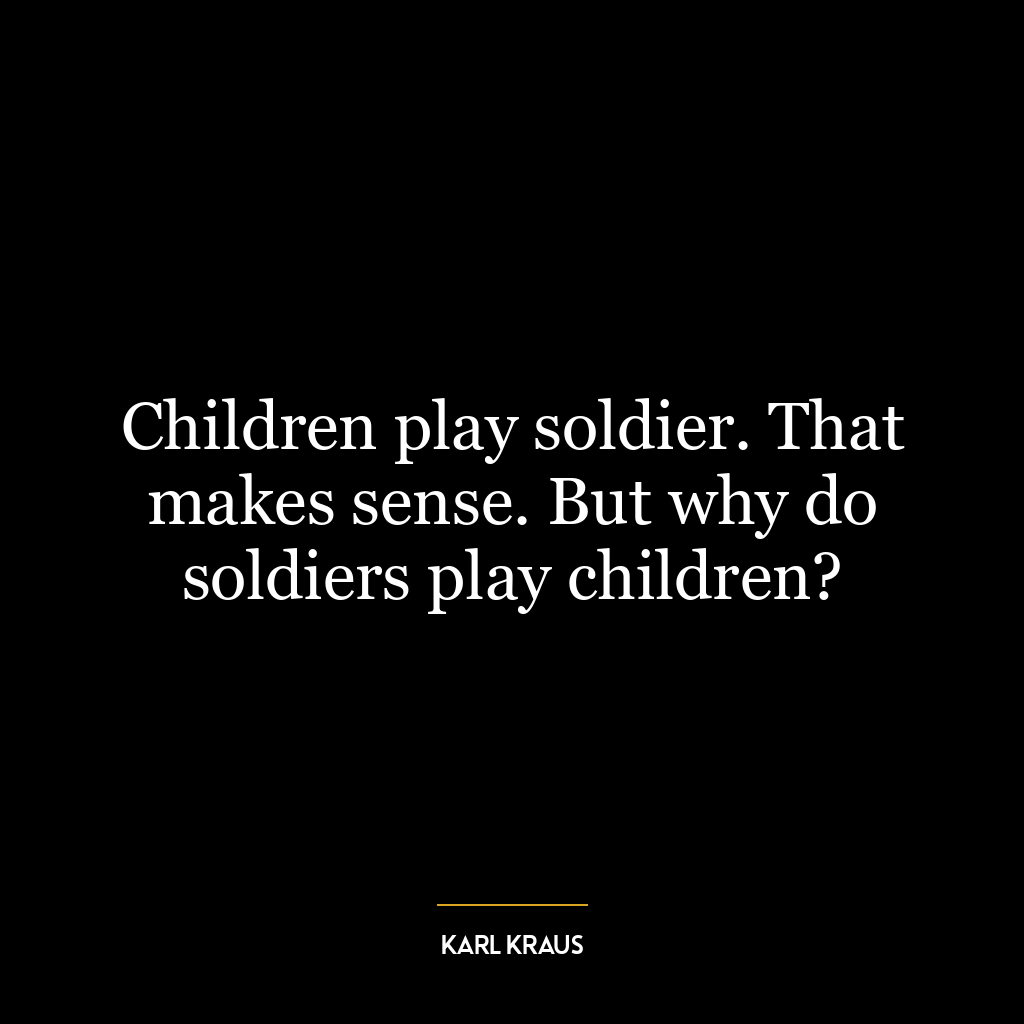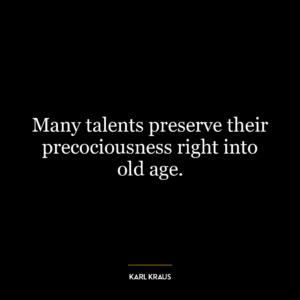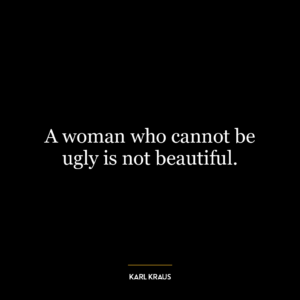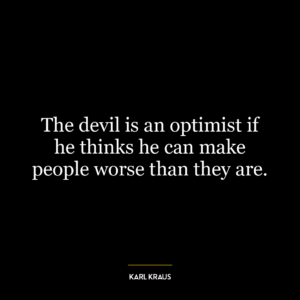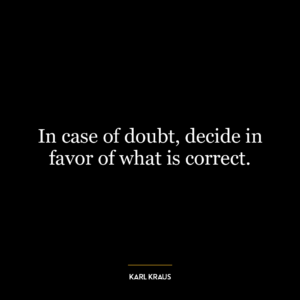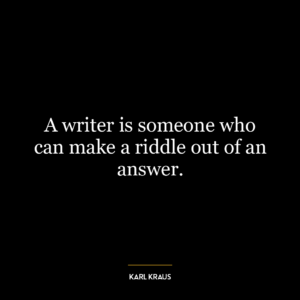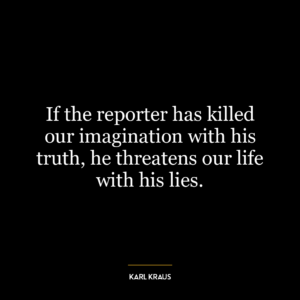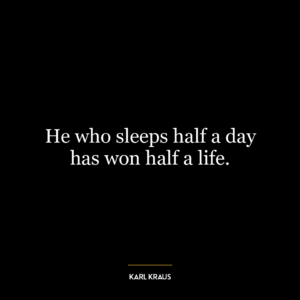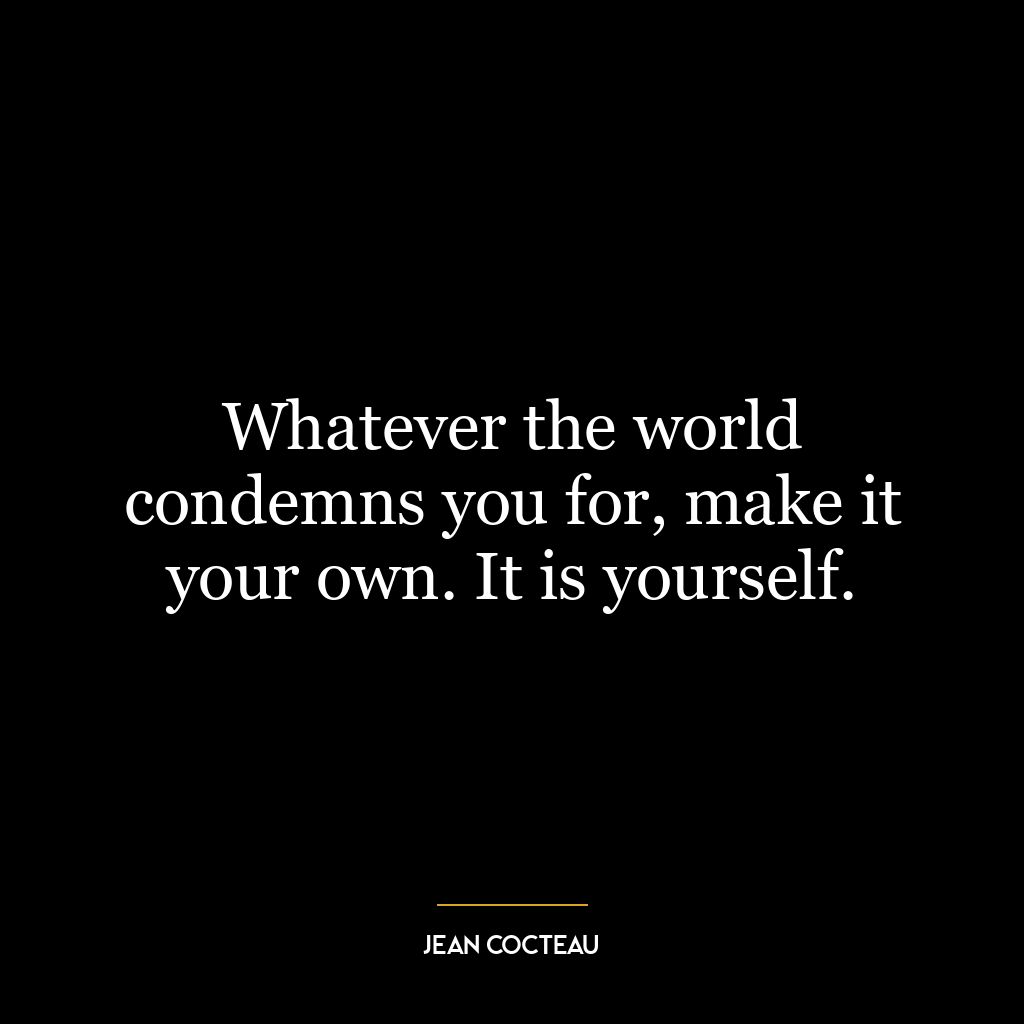Children play soldier. That makes sense. But why do soldiers play children?
This quote by Karl Kraus explores the paradoxical relationship between innocence and violence, childhood and adulthood. On one hand, children playing soldier is a common sight, embodying their fascination with the idea of bravery, heroism, and adventure often associated with the soldier’s image. It’s a simple, innocent imitation of an adult role, reflecting the natural process of growing up.
On the other hand, the metaphor of soldiers playing children is more complex and layered. It could imply that soldiers, despite being in a profession associated with violence and death, often yearn for the innocence and simplicity of childhood. This might be their coping mechanism to escape the harsh realities of their profession, or it could highlight the inherent human desire for peace and innocence, even in the midst of violence and chaos.
Alternatively, it could also suggest that soldiers are forced into roles of vulnerability and naivety, manipulated by higher powers, much like children in a game. This interpretation paints a picture of soldiers as pawns in the hands of political or military leaders, highlighting the dehumanizing aspect of war.
Applying this idea to today’s world, it can be seen in the way society often romanticizes or simplifies complex issues. Just like children playing soldiers without understanding the realities of war, people often form opinions or take sides on issues without fully comprehending their complexities. This can be seen in polarized political debates, social media activism, or even consumer choices.
In terms of personal development, this quote might serve as a reminder to not oversimplify or romanticize things. It encourages critical thinking and empathy, urging individuals to look beyond the surface and understand the complexities and nuances of different situations or roles. It also underscores the importance of retaining one’s innocence and humanity, even in difficult circumstances.

